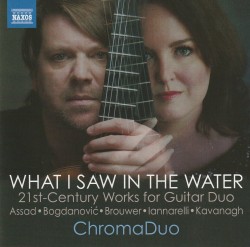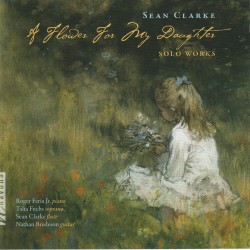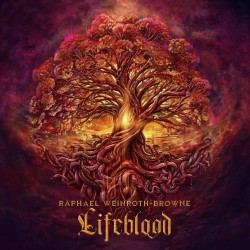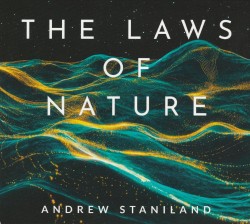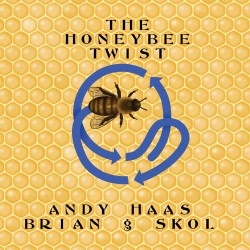Omar Daniel – Game of Couples: Chamber music and songs - Various Artists
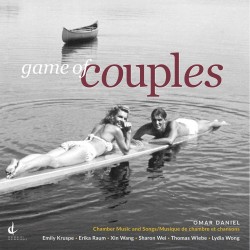 Omar Daniel – Game of Couples: Chamber music and songs
Omar Daniel – Game of Couples: Chamber music and songs
Various Artists
Centrediscs CMCCD 34124 (centrediscs.bandcamp.com/album/game-of-couples)
Toronto-born Omar Daniel, currently associate professor of composition at Western University, reliably rewards listeners with his patented formula combining striking melodies with dynamic rhythms, often, as in this latest release, adding ingredients from the music of his parents’ homeland, Estonia.
Violinists Erika Raum (Daniel’s wife) and Emily Kruspe perform Giuoco delle coppie/Game of Couples (2014). This “game” is anything but “fun.” Six movements, all under three minutes, range in expressive content from the abrasive argument of the opening Allegro barbaro (a favourite Daniel designation) through distressed pleading, emphatic assertions, depression, anxiety, finally ending in a lonely, despairing, near-silent Adagio.
Pianist Lydia Wong joins Raum in the five-movement Metsa maasikad/Wild Strawberries (2009). With titles including Horse Game, Spinning Song, Grew into a Herder and The Mouse Goes to the Forest, insistent rhythms and spiky melodies suggest the rustic folkloric music of a lusty peasant community.
More folkish melodies appear in Daniel’s Ühekse eesti regilaulud/Nine Estonian Rugo-Songs (2008, rev.2021), comprising songs of harvest, cooking, games and a lullaby. Soprano Xin Wang’s unrestrained hoarse yelps – over innovative, discordant instrumental sonorities provided by Raum, violist Sharon Wei and cellist Thomas Wiebe – make this a wildly exhilarating work!
Raum and Wiebe return in two Nocturnes (2020-2021), a grim Adagio and an Allegro molto that begins raucously but gradually fades to a funereal hush. When will the Toronto Symphony and/or the Canadian Opera Company commission a major work by this most-deserving composer?


